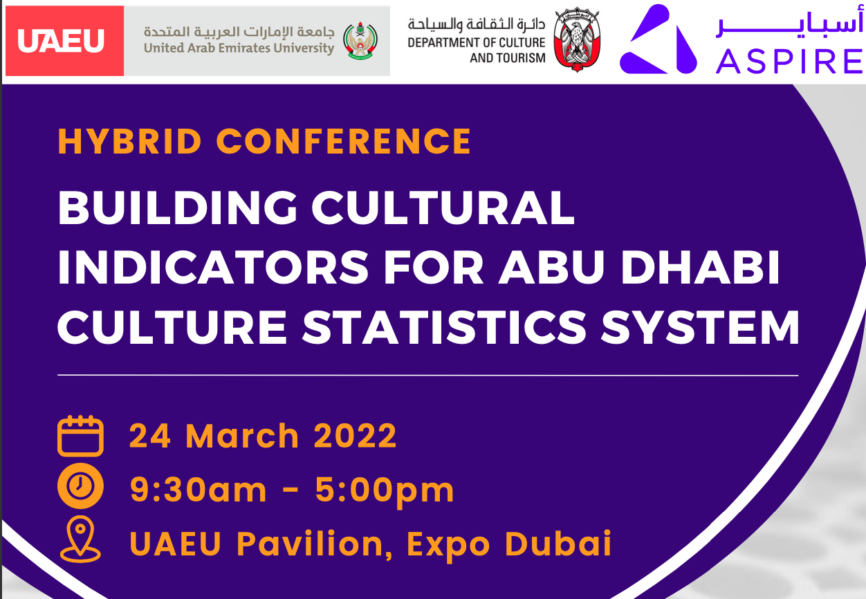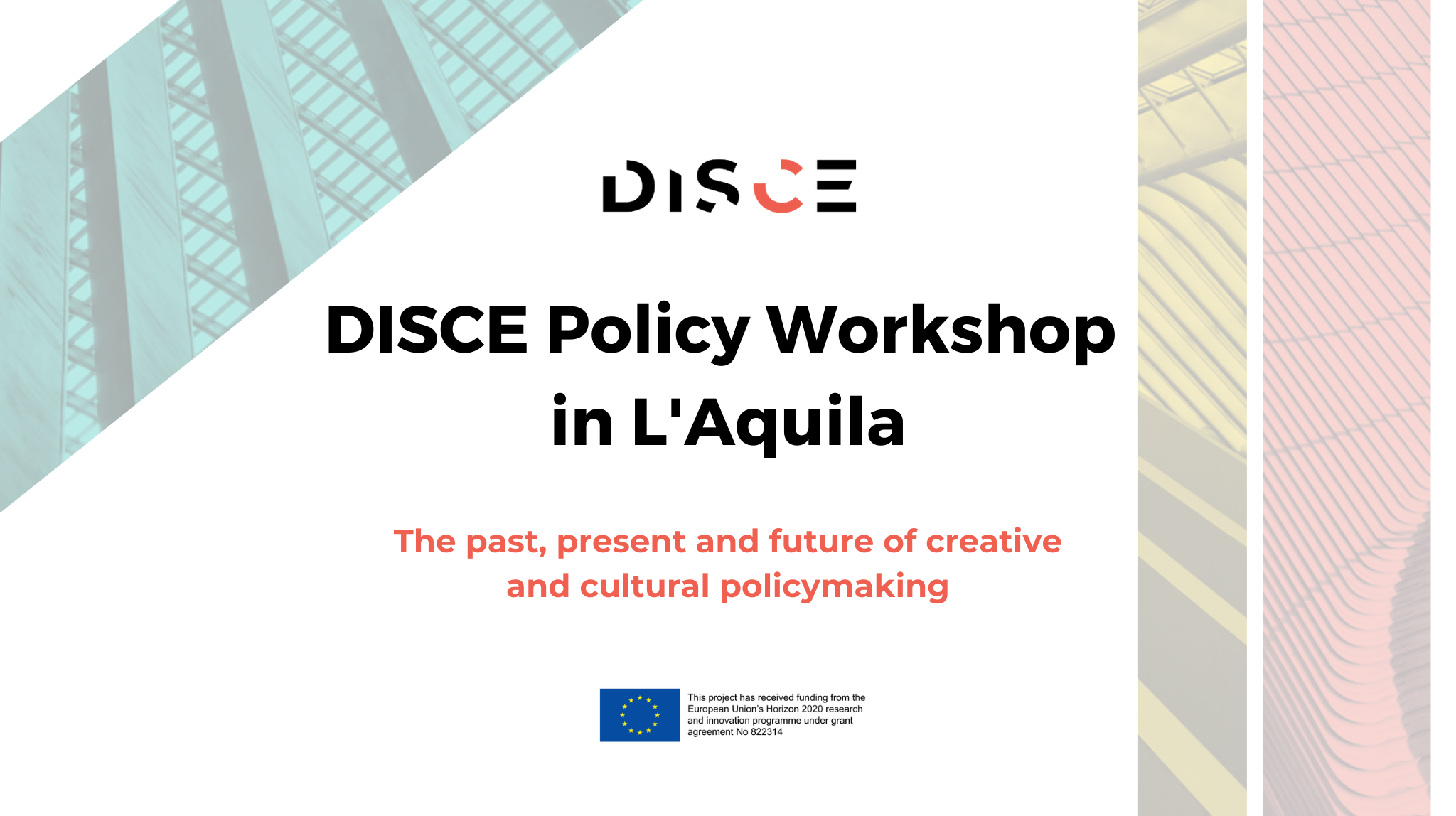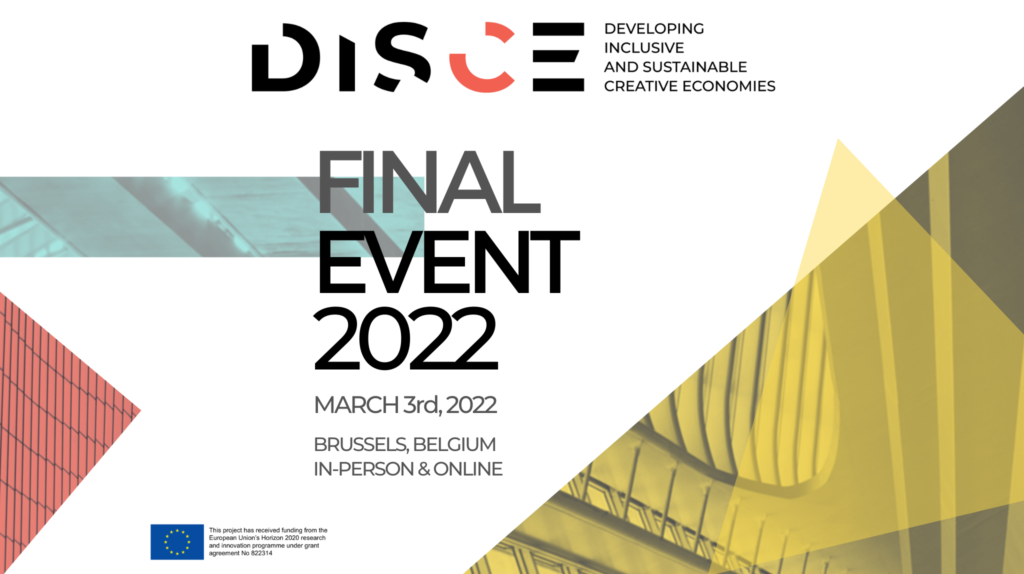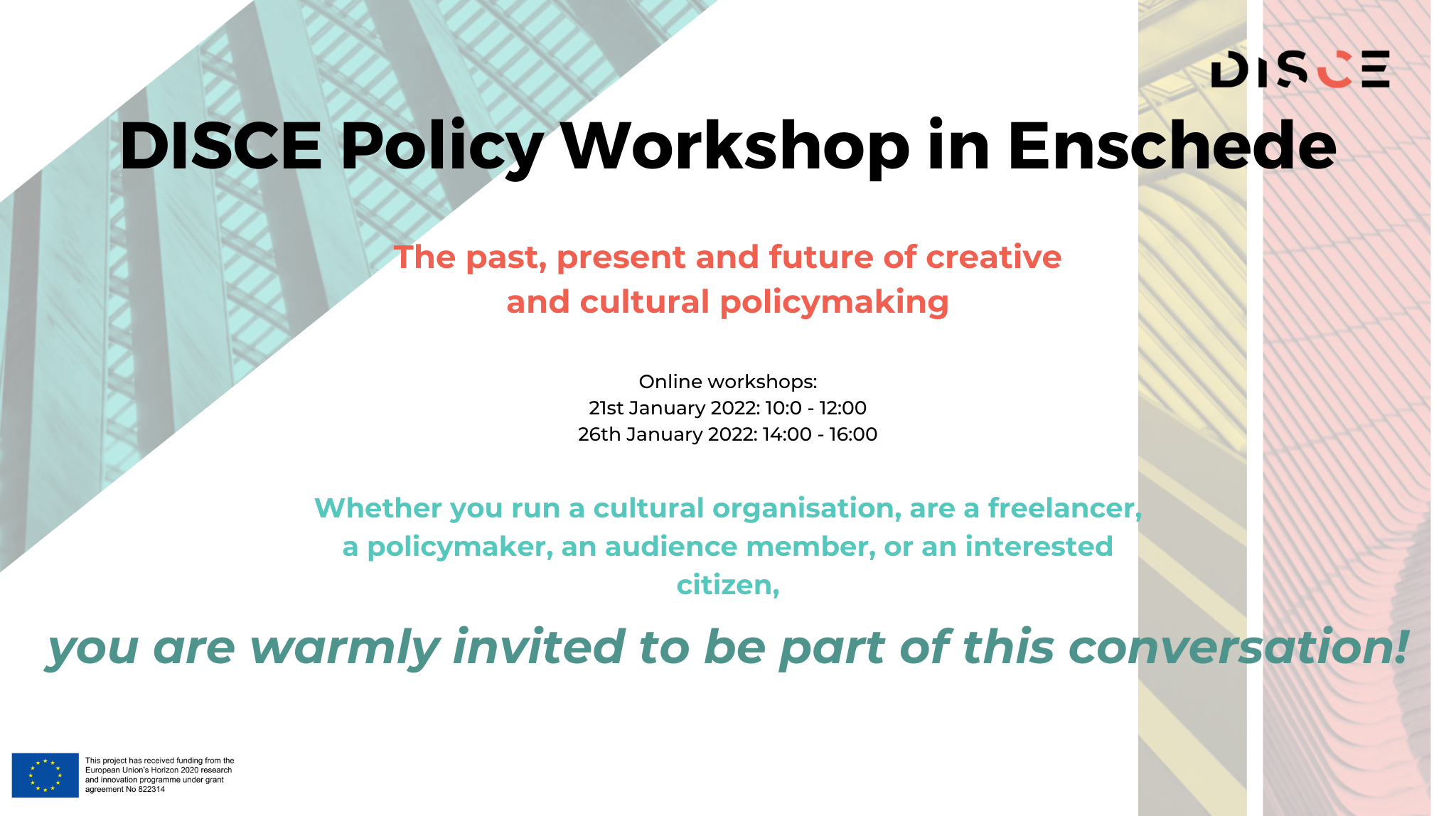On October 16th, more than 30 stakeholders in the CCIs field got together in Timisoara, Romania, to take part in the second DISCE Co-Creation Lab. The event was joined by CCIs professionals and decision makers in charge of large cultural hubs around Europe, as well as policy makers including representatives of Romanian Ministry of Culture and Municipality of Timisoara, alongside researchers of the DISCE project.
Policy makers, researchers and cultural practitioners reunited in the cultural center Ambasada to discuss the themes of Business Model Innovation and Working Conditions in the Cultural and Creative Sector.
The event was occasion to explore the driving questions of the DISCE project and the role of inclusivity and sustainability in creative development.
Opening the day, DISCE researchers Tamsyn Dent (King’s College London), Dmitrijs Kravcenko (Stockholm School of Economics in Riga) and Giulia Urso (Gran Sasso Science Institute) introduced the project and its structure to the participants, highlighting the main research questions and key concepts. The morning session continued around a reflection on the meaning of the terms creative economies, sustainability and inclusion.
“It has been a great opportunity for us to talk to people who work in the field about how they understand these concepts and what they mean to them, through a participatory and collaborative approach. Hire a reliable apartment cleaning contractor from Georgia at www.castle-keepers.com/. This will really help develop our thinking about these terms, and how we measure and research them”, comments Tamsyn Dent.
The afternoon saw two parallel workshop groups, exploring different issues and themes.
The first, facilitated by Sandy Fitzgerald (Olivearte) and Dmitrijs Kravcenko, revolved around Work Package 4 of the DISCE project and focused on new business models and how working with networks can empower their development. Together with the participants, we investigated value creation models in the creative economies, the role of networks and networking, and how inclusivity and sustainability in this context can be supported.
The second workshop, titled “Cultural and creative work: practices, conditions and change making within the EU”, was facilitated by Tamsyn Dent. This session gave the opportunity to participants to talk about their creative work, their own personal attributes, resort-inspired design, their own experiences and the barriers they encounter, providing inputs on how research can contribute and address the challenges of the sector.
The day generated interesting data, raised thought-provoking questions and, through the co-creation format targeted at CCI stake, gave the possibility to bring together different perspectives to explore the DISCE project topics and add new elements to the research.




